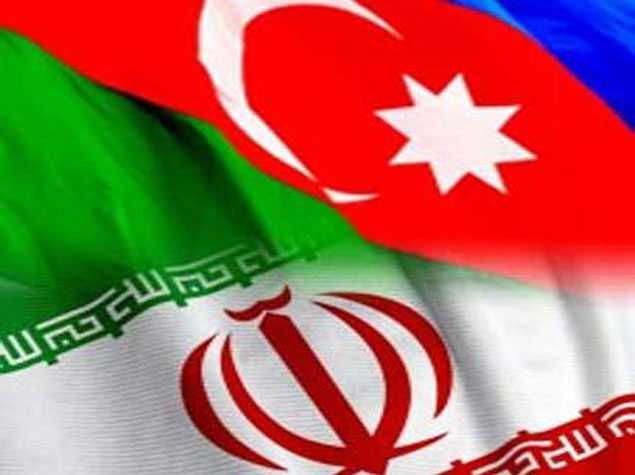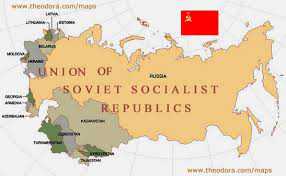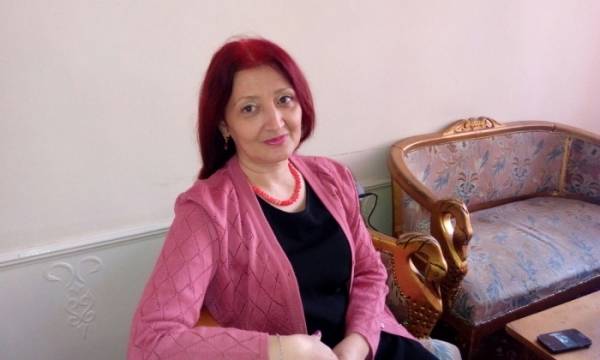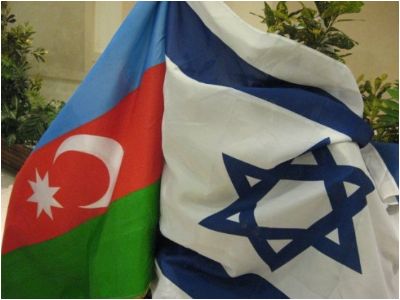 Gulnara Inandzh
Gulnara Inandzh
Director, Ethnoglobus
An International Online Information and Analysis Center, editor Russian section turkishnews.com,
email- [email protected]
Two recent visits by Baku officials to Tehran, Ramiz Mehdiyev, the head of the Presidential Administration, and Allahshukur Pashazade, sheikh-ul-Islam and head of the Administration of Muslims of the Caucasus, have attracted attention not only because they follow on the heels of Foreign Minister Elmar Mammadyarov’s visit to Israel, but because they represent an effort to rebalance the relationship between Azerbaijan and Iran in both the political and religious spheres.
None of these visits was the result of a last minute decision: all are likely to have been planned for months; and consequently, it would be a mistake to call them a coincidence. Indeed, four years ago, a similar “coincidence” occurred when then-Iranian President Ahmadinejad and then Israeli Foreign Minister Lieberman visited Baku almost simultaneously. This time around, Tehran assessed the visits of Mehdiyev and Pashazade as something extraordinary, given that they took place just before the Iranian presidential elections and thus helped to define the environment in which the new reformist Iranian leadership would be forced to operate.
Iran now must deal with the reality that Azerbaijan has become a politically and economically strong country not only in the region, but in the world, and thus it is not entirely surprising that official Baku and Tehran have been seeking rapprochement and the achievement of balanced relations, not simply at the level of diplomatic words but truly friendly and trusting ties. That is certainly suggested by the comment of the Iranian ambassador in Baku about the need to demonstrate the high level of trust between the two governments.
Regarding the issue of mutual support, the Iranian foreign ministry noted that during Mehdiyev’s visit, the two sides discussed the Syrian crisis, something of enormous importance to Tehran and something on which, the ministry said, the two sides had succeeded in bringing their respective positions closer into line. [1] A second issue the two sides discussed was the creation of an independent Palestinian state. Azerbaijan favors that and also supports the division of Jerusalem between Palestine and Israel.
The third issue the two sides discussed was the equation of the Nagorno-Karabakh conflict and the Palestinian problem, again something on which the two sides agreed. The fourth issue involved Iran’s commitment not to support the Talysh movement or any other separatist group in Azerbaijan, a commitment former Iranian President Mohammad Khatami had made to the late Azerbaijan President Heydar Aliyev. And the fifth concerned the conflict between Iran and Israel, a conflict that the Israelis would like Baku to help resolve and something, which explains the proximity of the visit by Azerbaijani officials to Tehran and Israeli officials to Baku. [2] Because of that possibility, of course, both Israel and the US support good relations between Tehran and Baku, and just as was the case four years ago, Azerbaijan is in a better position to serve as an intermediary than anyone else.
It is no accident that as these visits were taking place, Foreign Minister Elmar Mammadyarov spoke to the American Jewish Committee Global forum in Washington. Jewish organizations made clear that they were interested in all possible contacts through intermediaries with Tehran, including those that Azerbaijan could offer, including the follow on visit by Pashazade to Tehran, a visit that the Iran side characterized as one that reaffirmed the shared Islamic heritage of the two neighboring states.
“In our veins,” Seid Ali Khamenei, the spiritual leader of Iran said, “flows one and the same blood,” words that reflect another slogan which has been used in Tehran about relations with Azerbaijan, “two states—one nation.” Obviously, the Iranian religious leadership along with political ties wants to ensure close religious links as well.
As a religious state, all of Iran’s foreign policy is built on the basis of Islam and on the support of Islamist groups in various countries. Pashazade in this context had as his task dissuading the Iranian clerics from providing moral and material support to Azerbaijani Islamists. The two sides were able to agree on the need to block any mass penetration of radical Islam into either country.
Thanks to the efforts of the Iranian religious establishment, the spread of the radical wing of Salafism into the region has been limited. The prolongation of the conflict in Syria, however, creates a favorable basis for the spread of terrorism in much the same way that the Russian-Chechen war did in the 1990s. Consequently, Baku and Tehran have many reasons for cooperation.
With its new president, Iran will be moving toward a new political level both internally and externally. It will certainly want to advance Iranian-Azerbaijani relations in ways that are consistent with the needs of both sides. And as Alex Vatanka, an expert at the Middle East Institute in Washington, has pointed out on the pages of Azerbaijan in the World, Azerbaijan is precisely the country with which Tehran will be reviewing its entire range of policies in order to boost cooperation rather than incite a new round of competition.
Notes
[1] See https://www.amerikaninsesi.org/a/irsn_azerbaijan/1660588.html (accessed 13 July 2013).
[2] See https://www.turkishnews.com/ru/content/2012/06/11/Азербайджан-может-стать-посредником/ (accessed 13 July 2013).
AZERBAIJAN IN THE WORLD
ADA Biweekly Newsletter
Vol. 6, No. 14
July 15, 2013





